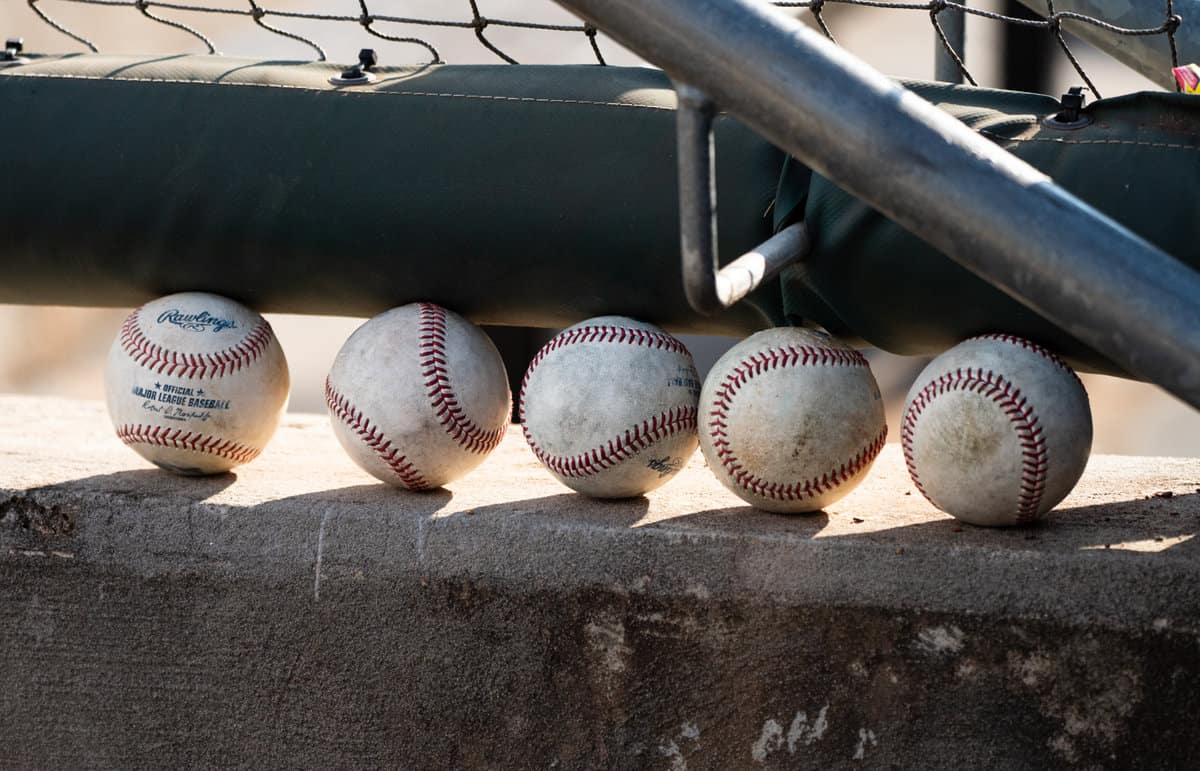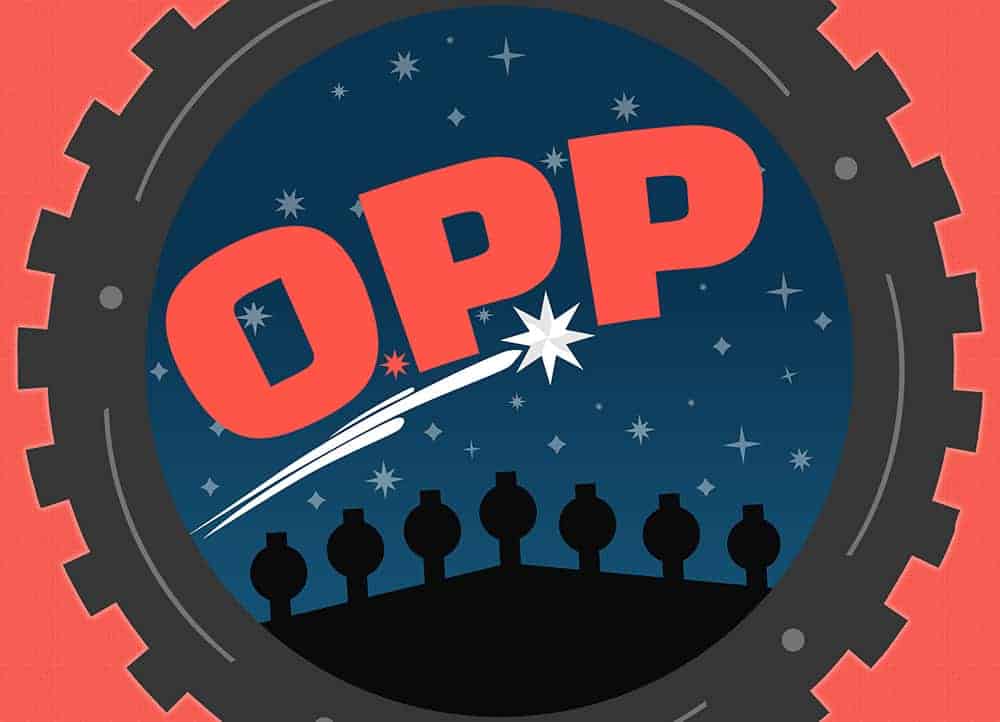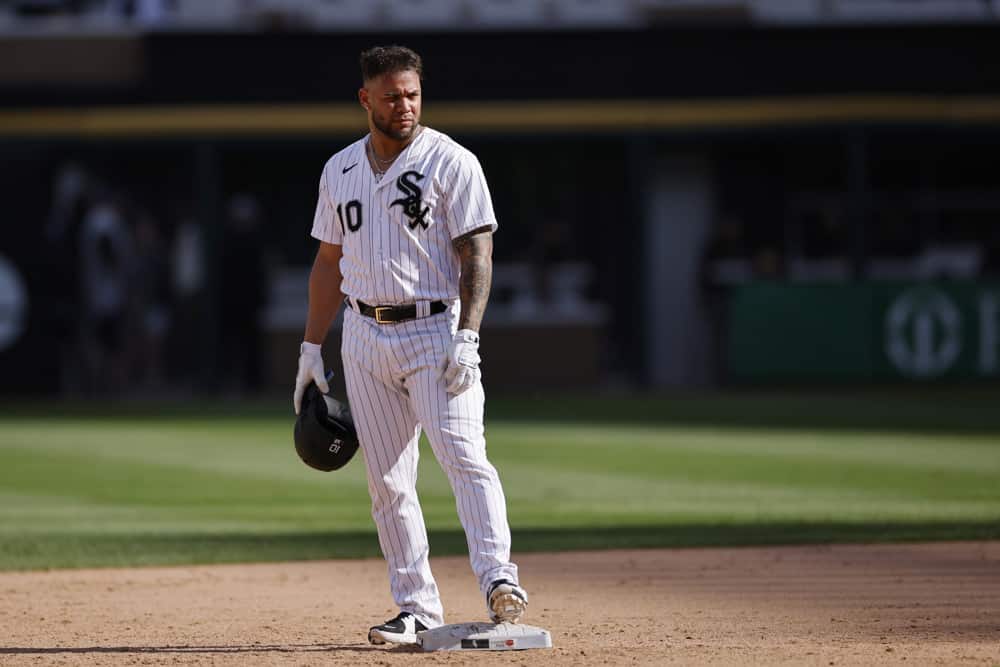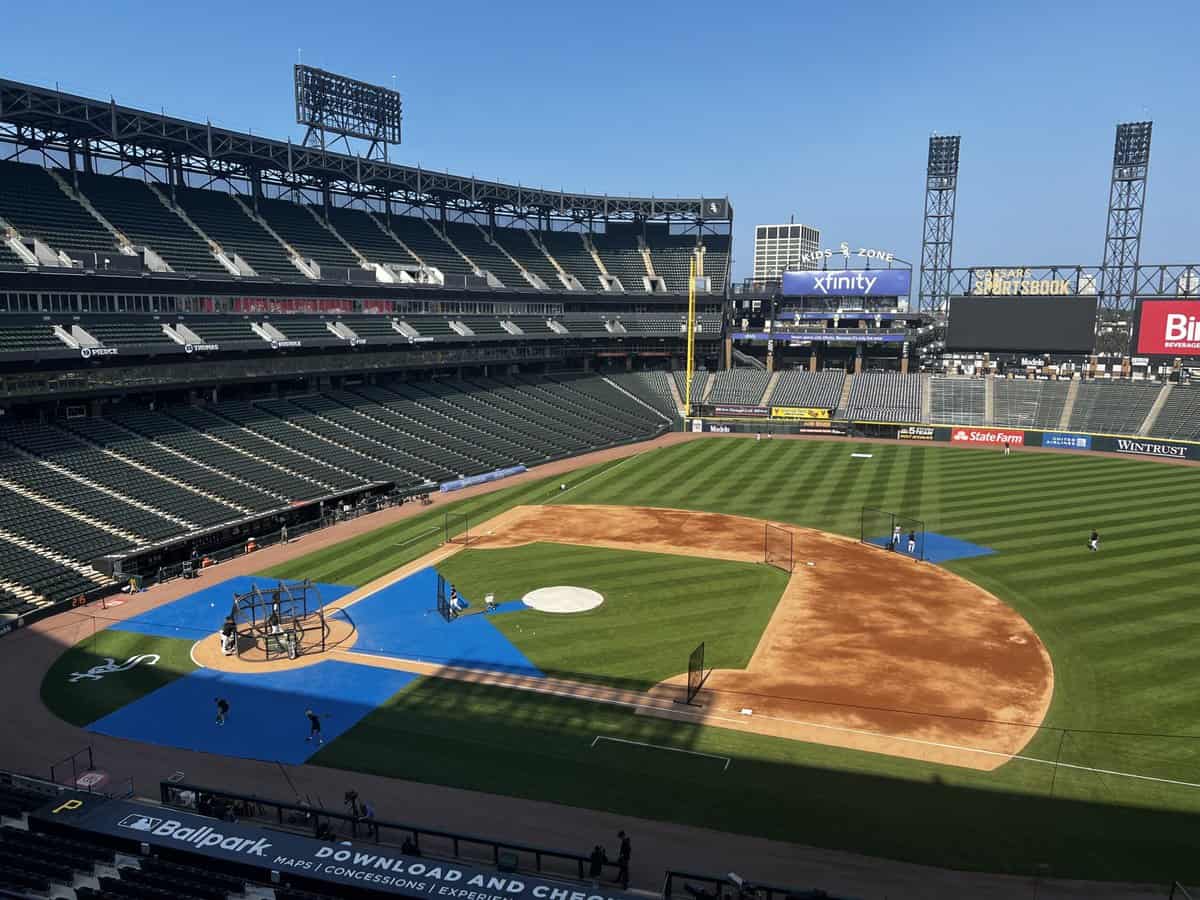Today marks two full months of the Southern League returning to the standard major-league baseball, rather than the tacky, enhanced-grip version that caused massive jumps in spin rates and other drastic effects to how the baseball moved.
I'd seen a number of articles written about the impact on the game during the first half of the season, but I hadn't seen any follow-ups after the Southern League reverted to the old baseball after the break, so when I visited Birmingham last weekend, I asked Barons manager Lorenzo Bundy and pitching coach Danny Farquhar about it. Here are their answers in full, because we have theoretically unlimited space here.
Lorenzo Bundy
"I haven't seen the article, but Baseball America called me early in the year when we went to this baseball, and that was my big question: 'How do we evaluate our players?' And especially at this level, as we were the only Double-A league using this baseball. And for me, personally speaking, if we were going to use it in this league, why didn't we use it in the Eastern League, or the Texas League, just so we could say everybody's Double-A players have competed at the same level for a half with this baseball.
"Offensively for us, we've been a lot better in the second half after we got back to the regular baseball. And I think probably that most managers and hitting coaches and pitching coaches were saying the same thing. You know, the numbers that the analytic numbers every year, the IVB (induced vertical break) and the spin rates and all this stuff. I mean, we had guys doing stuff that they had never done before. And then you go back to the other baseball, as far as pitchers, and they weren't doing that anymore.
"So if I'm a scout sitting up there, you saw something in April and May that you're not seeing in July and August. It's really tough. It really is. As far as us, we have to trust our eyes also, as far as what we're seeing, and even the conversations you have with your players, as far as hitters.
[Tyler] Neslony was here last year and had a really good year here. He's been around a little bit, and he was kind of the guy I leaned on. Because he was scuffling, and I asked him, I asked, 'Nez, what do you got?' He says, 'Lo, the baseball's doing things I've never seen it do before.'
"And I believe it. Because I saw swing that were, [muttering] 'Gehhhh, what was that?', you know?"
"We had a lot of guys that I thought were -- are they big league hitters? Eh, yet to be determined. But they should've been competitive in this league. And that's one thing about it is, with me, I think this baseball is going to affect careers. One-hundred and fifty, 200 at-bats? Especially in today's game? That's the thing I don't like about it, because it can affect the guys."
Danny Farquhar
"As far as evaluation, I think the baseballs were a little bit of a disservice to the hitting side because it there was a significant advantage for the pitchers. Some of the pitchers didn't like the feel and maybe there were some command things that happened, but as far as movement of the baseball? The movement was significantly more from the numbers that we saw, and from the swings the guys were taking.
"Everybody had a hoppy fastball. It didn't matter what your vert was with the Mississippi mud balls. With the pre-tacked baseball, everybody had 20-plus IVB. And it was one of those things that, if guy was having an efficiency problem, it didn't matter if he was efficient with those balls, they still had good life. So it kind of masked a lot of issues that came up as soon as we switched over to the other baseball.
"So, I don't know. Hopefully, they try experimental baseballs maybe an independent ball or lower levels, because some of these guys are a step away from the majors leagues, and I just thought it was not a great level to be testing out baseballs like that."
"It was tough on the hitters. It was tough on the mind, because you're seeing these baseballs move, you know, more of the efficient pitches. Also, the sinkers -- the sinkers weren't sinking as much because they had all the drag, so now the sinker guys, it doesn't sink anymore. I thought it was just such a different game from what guys are used to."
Nashville 9, Charlotte 6 (10 innings)
- José Rodríguez went 2-for-4 with a walk and a strikeout.
- Oscar Colás struck out thrice during a 1-for-5 night.
- Adam Hackenberg went 3-for-5 with a homer.
- Yoelqui Céspedes, 2-for-5 with a strikeout.
- Nick Nastrini: 6 IP, 5 H, 6 R, 5 ER, 3 BB, 6 K, 2 HR, 2 HBP, 55 of 94 pitches for strikes.
- Garrett Crochet: 1 IP, 1 H, 0 R, 0 BB, 2 K
Birmingham 5, Chattanooga 4
- Alsander Womack went 0-for-5 with two strikeouts.
- Colson Montgomery singled thrice, walked and struck out.
- Bryan Ramos went 2-for-5 with a homer and a strikeout.
- Wilfred Veras, 0-for-4 with a walk and two strikeouts.
- Edgar Quero was 1-for-5 with a double and a K.
- Tim Elko, 0-for-4 with two strikeouts.
- Terrell Tatum doubled, singled and walked twice.
- Josimar Cousin: 5 IP, 5 H, 2 R, 1 ER, 3 BB, 2 K
Highlights:
*Ramos' homer:
ROCKET RAMOS 🚀
— Birmingham Barons (@BhamBarons) September 14, 2023
Bryan Ramos with a two-run blast to take the lead 😤 pic.twitter.com/B96rfmyt32





